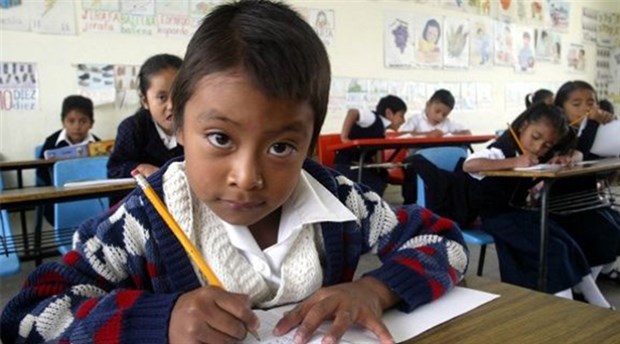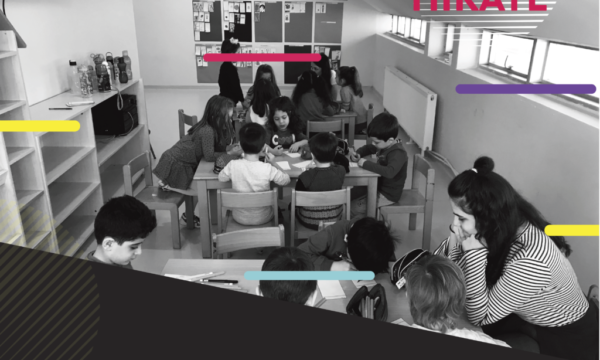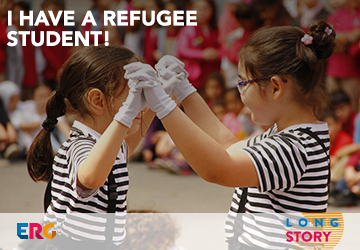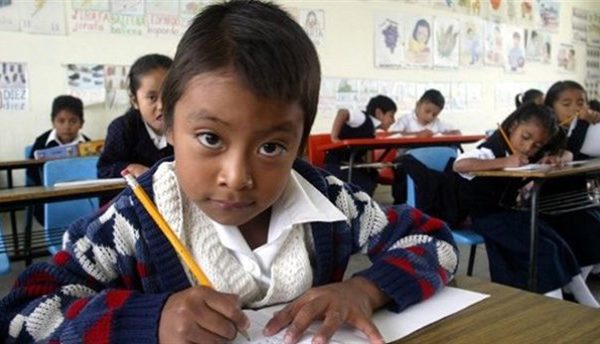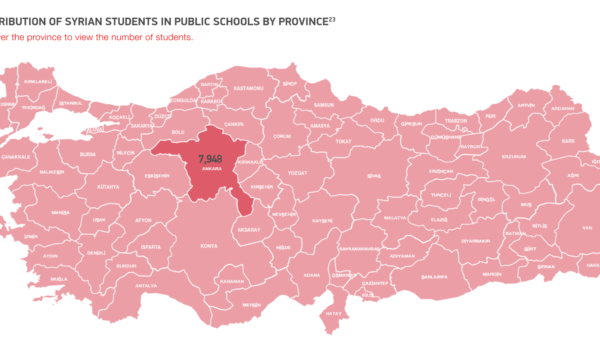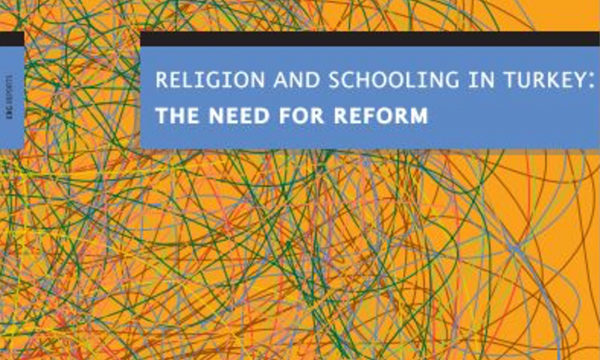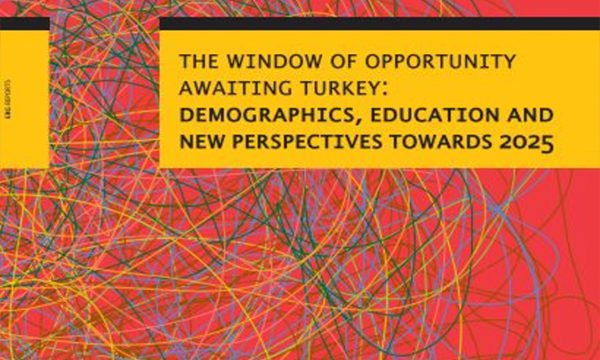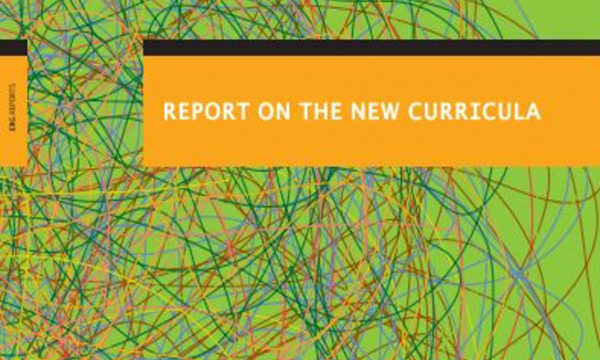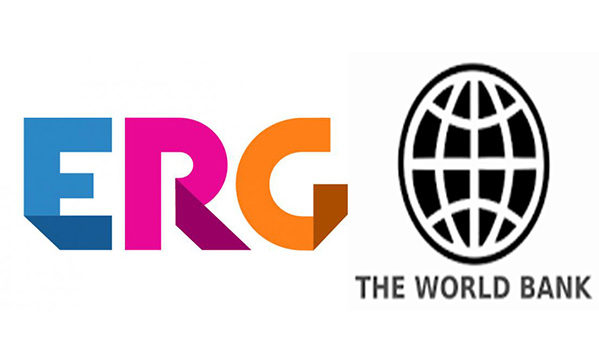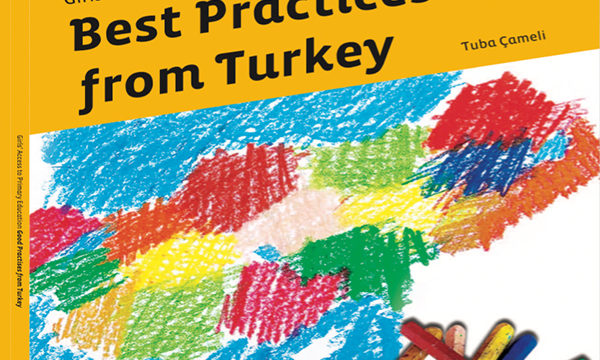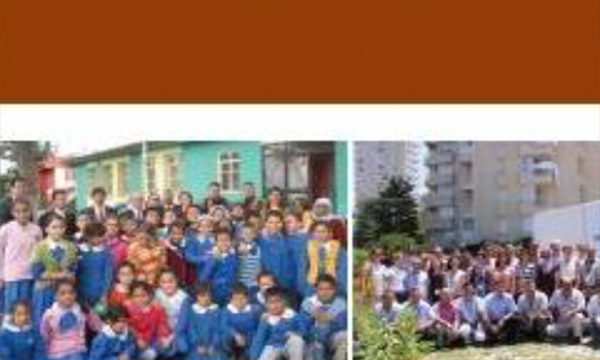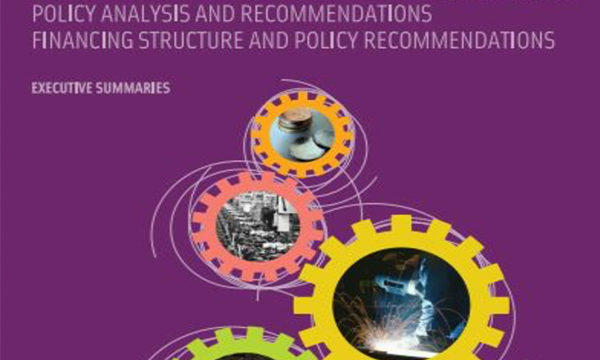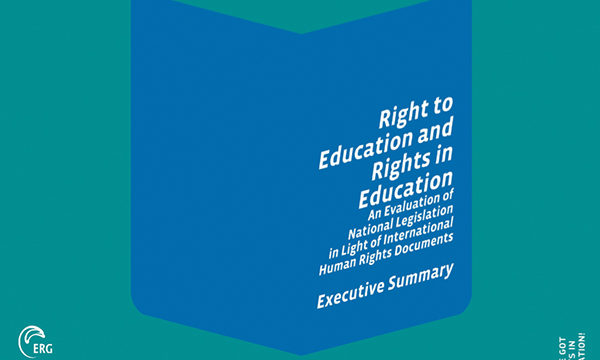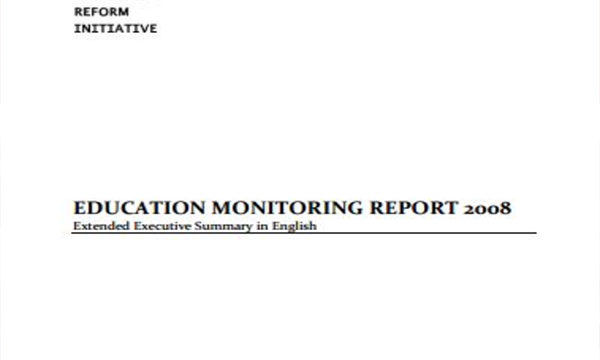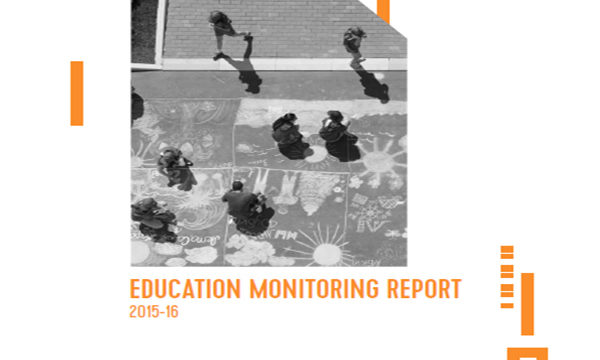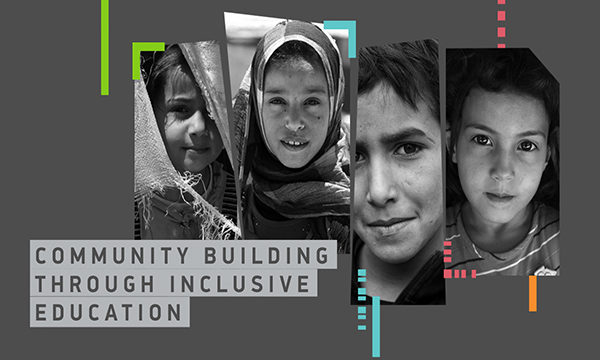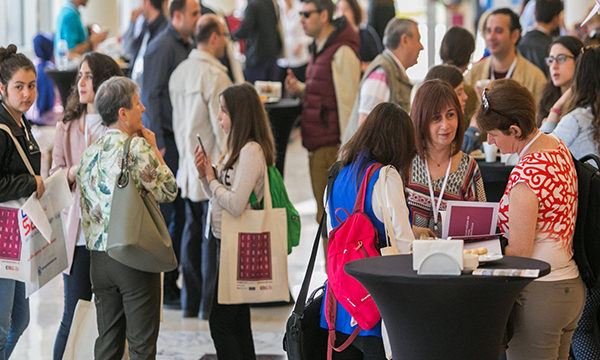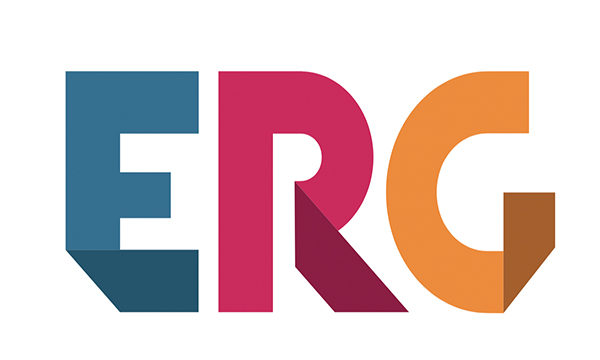Yeliz Düşkün
ERG Policy Analist
In studying our current system of education, we often examine and discuss countries that have high academic achievement, yet there are also lessons to be learned from countries that are not so high on the achievement scale but have similar challenges to those faced in Turkey. Some of these countries are in Latin America.
An important annual international conference hosted by the Comparative and International Educational Society (CIES) since 1957 was held in Mexico this year.
Turkey and Mexico are similar in many respects. According to World Bank data, Turkey and Mexico are among the last in OECD countries in terms of gross domestic product per capita, with Turkey at $ 10,863 and Mexico at $ 8,209. Mexico, Chile and Turkey have some of the highest rates of income inequality.
The rate of young adults aged 18-24 who are neither enrolled in school or employed is 33% in Turkey and 23% in Mexico. The countries also rank low for this variable among the OECD countries.
Secondary education became mandatory in Mexico in 2012, just as it did in Turkey. The net schooling rate at secondary education is 77% in Mexico and 82.5% in Turkey. Problems with enrollment and drop-outs are important issues for both countries, and both have also discovered that having access to school does not necessarily mean learning is achieved. According to the Programme for International Student Assessment (PISA) 2015 results, although performance of 15-year-old students in Turkey ranks slightly higher than Mexico in mathematics, science and reading, children in both countries have low scores in basic skills. Children at the top proficiency levels are almost non-existent.
The situation in education for not only Mexico but also for Latin America in the last 30 years in general can be summarized as such: While there has been improvement in enrollment rates, inequalities still persist; children are segregated into schools based on socioeconomic status; the number of private schools has increased; only poorer children attend public schools; and the distribution of resources and teachers is unbalanced. From this general perspective, Turkey and Latin America show many similarities.
Certain organizations, both in Latin America and in Turkey, strive to provide access to quality education for every child. This year, 3,200 participants from 115 countries attended the CIES conference. The conference hosted many talks and workshops on the current situation of education in Latin America by academicians and non-governmental organizations that work in the field. Some of the issues presented and open to discussion during the 4-day-long conference were as follows:
- As poverty and inequality are persistent problems for Latin America, education must serve in the fight against these ills. Moreover, access to education must be discussed in the light of families’ socioeconomic status and children’s intake of nutrients and their access to shelter.
- Early childhood education, health services, and nutritional assistance, especially for the underprivileged population, must be prioritized.
- It is not enough to simply fill the shortage of teachers in disadvantaged areas, but rather to supply these spots with highly-qualified teachers.
- The incentives given to private schools in Chile failed to make a positive contribution to the quality of education, but instead only widened the inequality gap.
- The investments needed to fight poverty and inequality are largely well-known; what matters is the political will to implement them.
As important as it is to take note of countries that have tackled the problem of access to education, and that have also received high scores in assessments like PISA, such as Finland, Estonia, Singapore and South Korea, it is also beneficial to observe countries that are similar to Turkey, focusing on the efforts they have attempted to come up with solutions to the challenges summarized above. It appears that we must take a similar approach to the challenges in education that Latin America has taken and look at the educational policy in Turkey from the perspective of poverty and inequality.
The share of private schools in Turkey is on the rise, and this rise is backed by public policy; nearly 4 billion Turkish Liras have been paid out as incentives to private schools since the 2014-15 school year. However, due to the lack of studies on this policy, we fail to understand its effects on social inequality and segregation.
Conditional financial aid and scholarships are available for children in poverty in Turkey; moreover, nutritional supplements, such as boxed milk and raisins, are also provided. However, these supports are not enough to prevent children from disadvantaged backgrounds from dropping out of school in order to find work. Another staggering problem is the lack of access to pre-school education for under-privileged children. Without rendering pre-school education available to all, it is hard to perceive education as a tool for rendering equality.
One subject we need to focus on is to permanently end the teacher shortage, especially in areas that are densely populated with disadvantaged groups. A new regulation with regards to contracted teachers makes it mandatory for teachers to stay in the same area 4+2 years, which results in them staying in schools they did not wish to be employed for the long term. Since this regulation is not human-focused, it may not lead to a permanent position. The criticism shown towards contract teaching suggests that contracted teachers may have low levels of motivation. Many studies argue that to increase teacher motivation and facilitate their maximum contribution to the quality of education, many supportive measures need to be taken. The Teacher Strategy Document published in 2017 offers suggestions for such measures for the 2017-2023 time period; however, no concrete steps have yet been taken.
In conclusion, the following suggestions have been put forward by institutions striving to increase access to and improve the quality of education in countries that have similar circumstances to those of Turkey: fighting against poverty is key to increasing access to and improving the quality of education; to fight against inequalities and increase learning, the focus needs to be put on early childhood education; it would be beneficial to observe the positive effects of early childhood education in Mexico, where pre-school education has become mandatory; it is important to review our incentive program for private schools using the data from Chile, to assess and evaluate our own program, and to review the results according to the principle of the efficient and fair use of public resources; around the world, including Latin America, as discussions have commonly centered on measurements to increase motivation for teachers working in disadvantaged areas, it is important that Turkey too add this topic to their own agenda.
